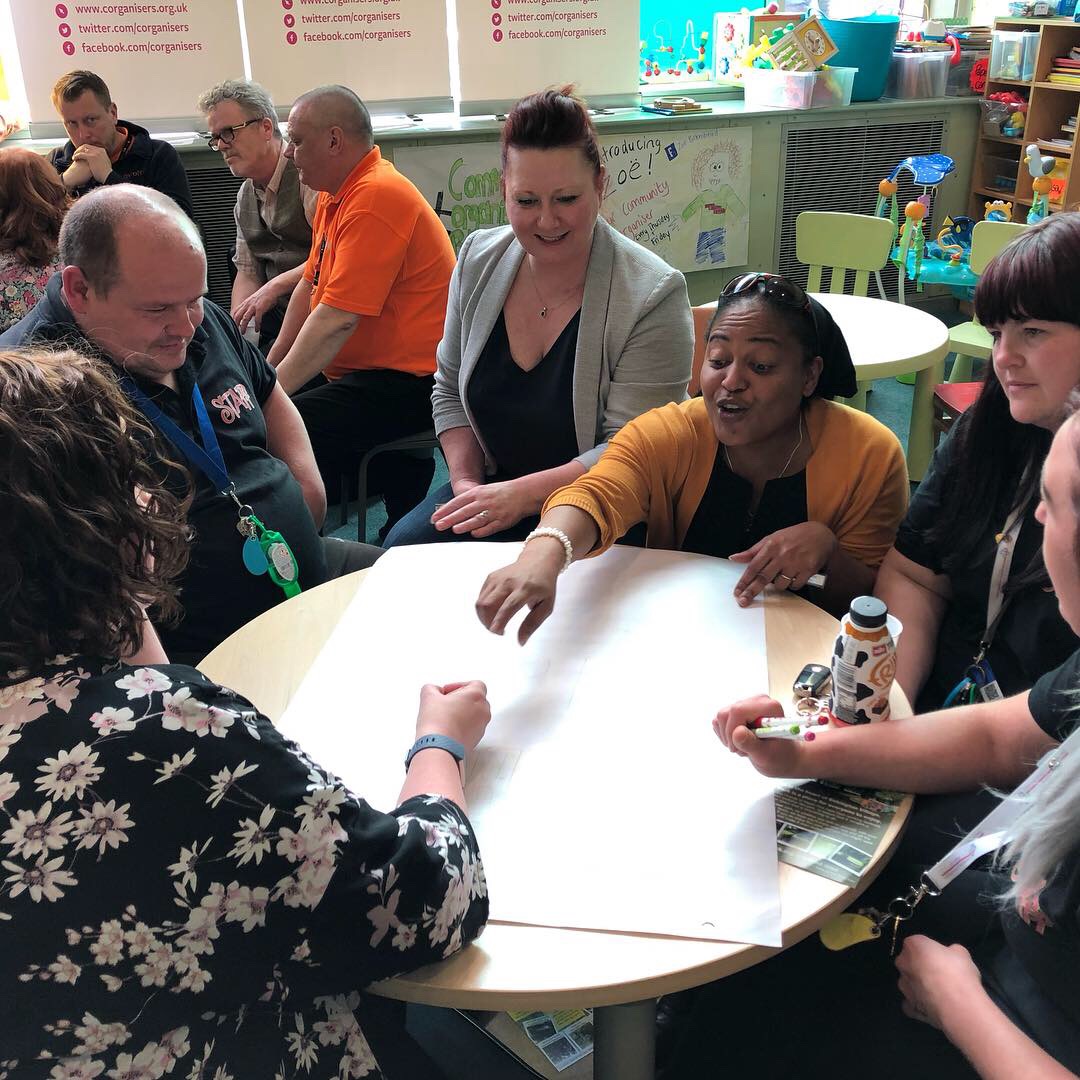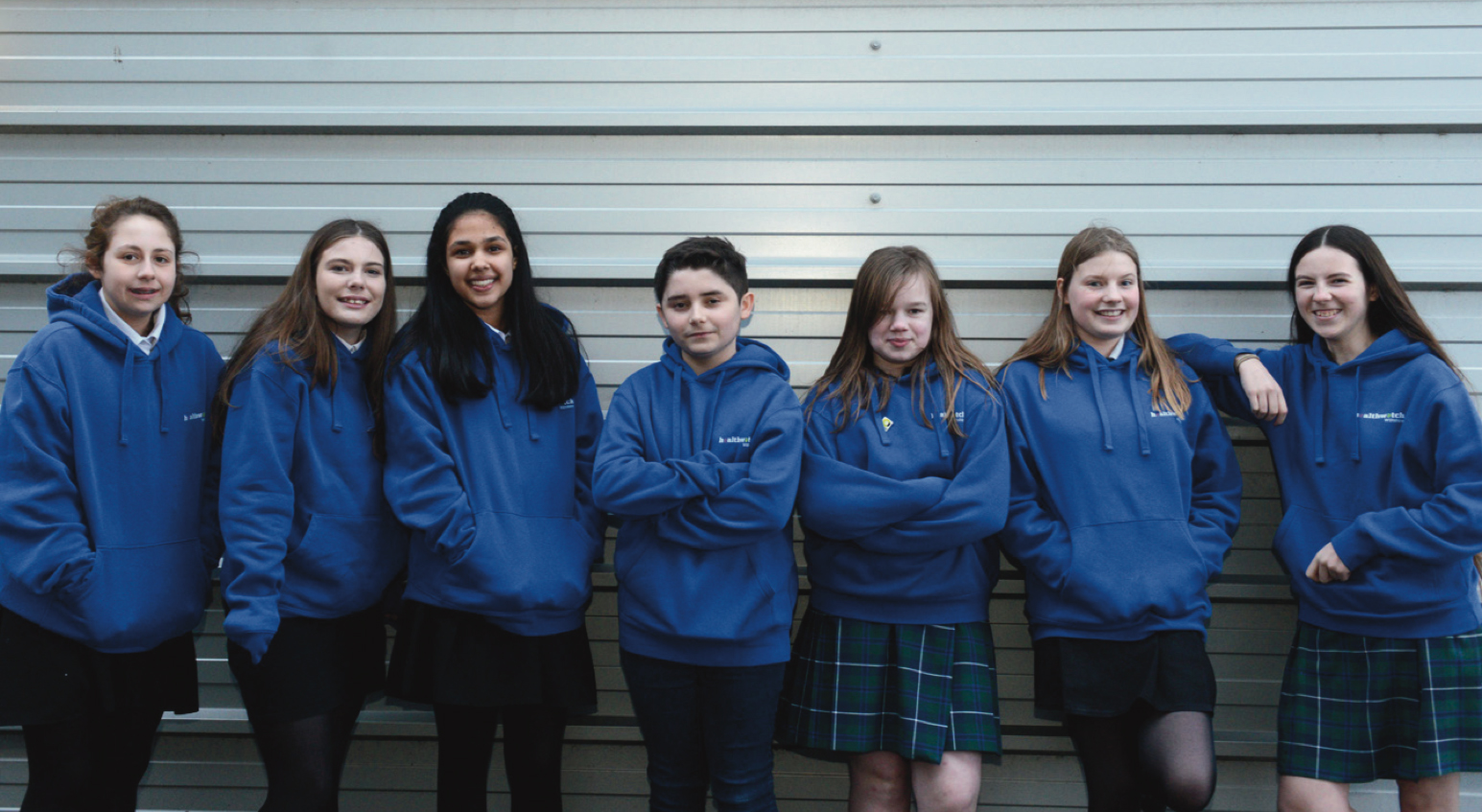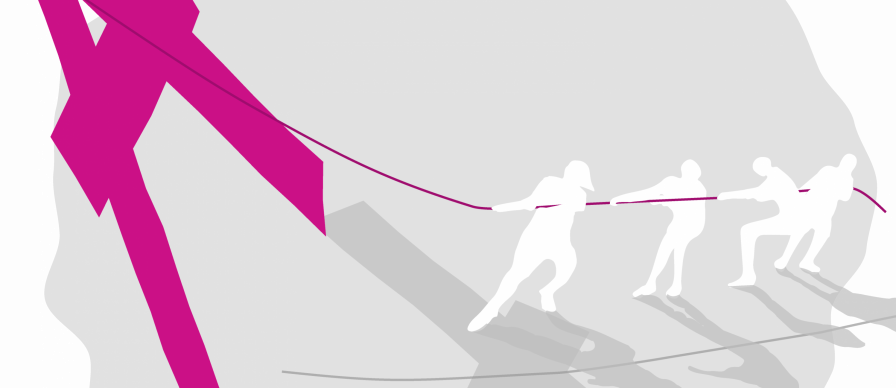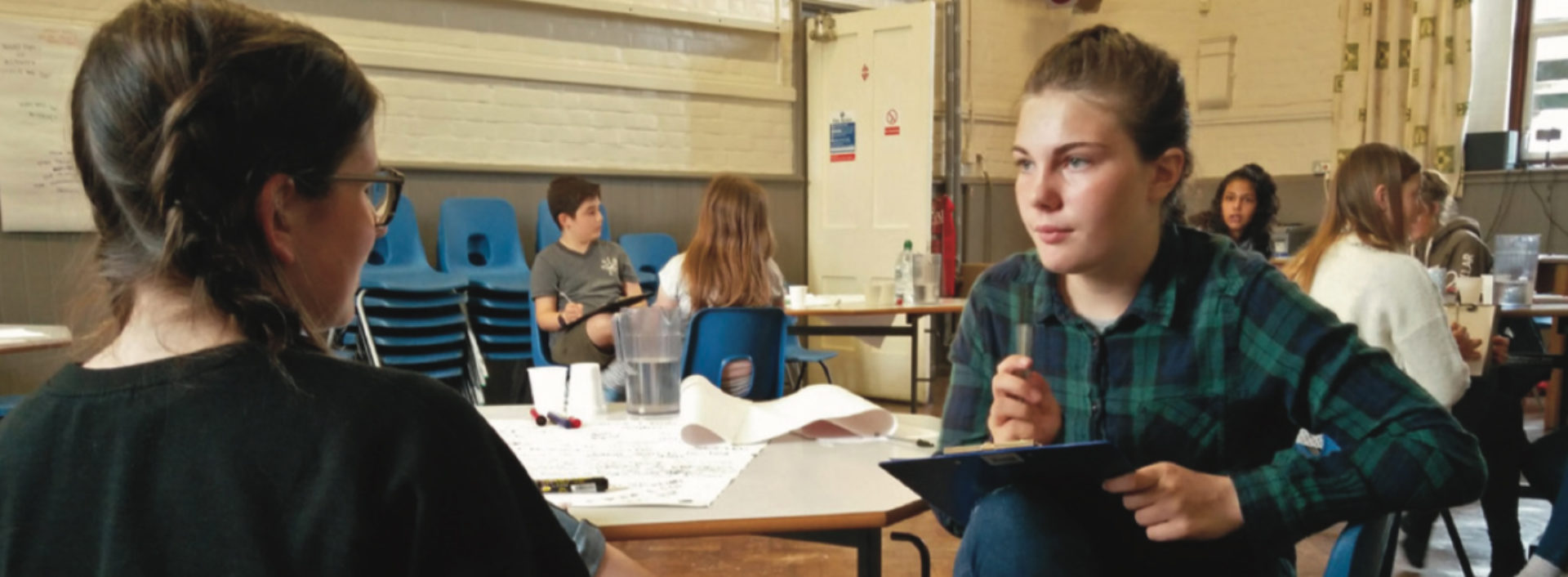[This blog is co-published with Teach First]
2006 Teach First Ambassador and CEO of Community Organisers, Nick Gardham shares an introduction to community organising and the valuable role it could play in education.
If you’re interested in learning more, express your interest a community organising training event in the new year HERE.
In 1967, The Observer newspaper published a call which asked school students to write about the school that they would like. This call resulted in millions of words being written by primary and secondary school pupils and was published by Penguin Books.
I was delighted to obtain a copy (albeit slightly musty smelling) whilst I was a secondary school teacher and the comments of ‘David, 16’ really resonated with me at the time and have rung in my ears ever since…
“My school would play a dual role, preparing its pupils for both citizenship and examinations in the morning and afternoon, and becoming a centre for community life in the evenings and holidays. This would engender a purposeful, happy society, not mesmerized by technological progress but resolves to harness it for the benefit of all… With a resurgence of interest in community life, a school offering its facilities to the public would soon become the pivot of that locality, much as the church was in the Middle Ages.”
David’s words are powerful and having been involved with community organising since finishing my teacher training with Teach First in 2008, his words mean more to me now than they did at the time.
Having spent two years working in a secondary school in Manchester I saw first-hand the challenges that young people were facing living in low income communities. Challenges around housing, health, and employment were prevalent and the knock-on impact of this on educational outcomes was evident.
Like Teach First, Community Organisers (the organisation that I am now CEO of) recognises and understands the negative impact of poverty on the life chances of those children who experience it.
Community organising is the work of bringing people together to take action around their common concerns and overcome social injustice. The work involves reaching out, listening and connecting people together to build their collective power. It engages people in tackling the root causes of poverty and disadvantage – wherever it is and in whatever form it takes – and enables people to participate in changing their lives and communities through action.
This work has resulted in supporting:

Members of Community Organisers Birkenhead meet-up to discuss the things that matter to their community.
By working with people from all walks of life, we create the conditions – using a simple framework – for people to come together, develop conversations, and build their collective power so that they are able to take action around the things they care about most.
Apply this community organising framework to education, and I believe, as well as supporting a school to become a driver of social action locally, it can also help deliver towards its responsibility under the new Ofsted Inspection Framework published in 2019, which states that schools should be ‘equipping them [students] to be responsible, respectful, active citizens who contribute positively to society’.

Young Listeners, youth led community organising in Wiltshire.
We’d like to run a training session in the new year to introduce Teach First ambassadors to community organising. So, if you’re interested in…
- learning more about the fundamentals of community organising,
- exploring power, power dynamics and their relevance to community organising and education, and,
- want to reflect on how community organising relates to schools and education
…then don’t forget to express your interest by Friday, 8th November via the short form HERE.





